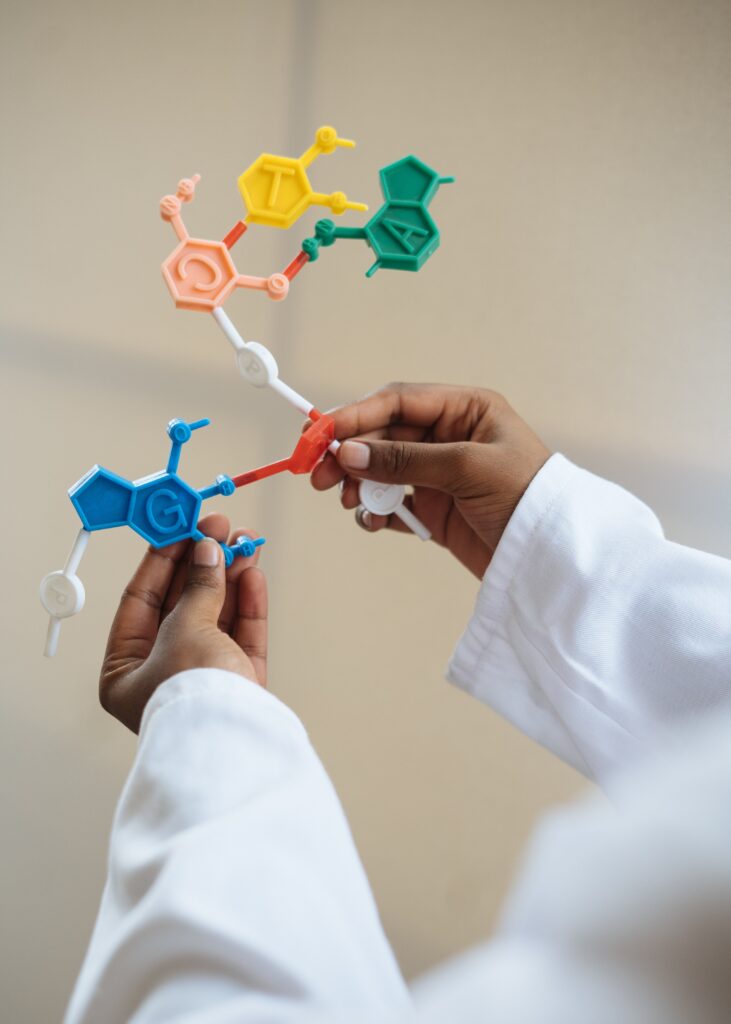Title: Empowering Health: The Significance of DNA Testing for Hereditary Cancer 💪🧬
Welcome, dear readers, to an eye-opening journey into the world of DNA testing and its pivotal role in uncovering the secrets of hereditary cancer. In this blog, we will explore the reasons why DNA testing is essential for identifying genetic risk factors associated with hereditary cancer. Brace yourselves for an engaging, informative, and empowering ride as we unravel the mysteries of our genes and their impact on cancer risk 🚀🌈.
1. The Mystery of Hereditary Cancer 🧬💡
Hereditary cancer is a unique aspect of the disease, where specific genetic mutations passed down from parents increase an individual’s risk of developing certain types of cancer. Approximately 5% to 10% of all cancers are hereditary in nature. Understanding the genetic component of cancer risk can be vital for early detection and prevention.
2. Unraveling the Role of DNA Testing in Hereditary Cancer 💡🔍
a) Identifying High-Risk Individuals 🚩🎗️
DNA testing, also known as genetic testing, helps identify high-risk individuals who carry inherited gene mutations associated with hereditary cancer. By detecting these mutations, healthcare providers can offer targeted screenings and personalized prevention strategies to manage cancer risk effectively.
b) Predictive Testing for Asymptomatic Individuals 🌟🧬
DNA testing can also be performed on asymptomatic individuals with a family history of hereditary cancer. This predictive testing can inform individuals about their cancer risk, enabling them to make informed decisions about their health and take proactive measures for early detection and prevention.
3. The Importance of Genetic Counseling 🗣️🌈
a) A Supportive and Informative Journey 🌟🤝
Genetic counseling plays a crucial role in the DNA testing process. Genetic counselors are friendly guides who provide support and information to individuals and families considering testing. They help interpret test results, assess cancer risk, and discuss the implications of genetic findings. Through genetic counseling, individuals can navigate complex decisions with confidence and understanding.
b) Understanding Family Risk Factors 🧬📚
Genetic counseling extends beyond the individual and encompasses the entire family. By understanding inherited cancer risk factors, families can proactively manage health concerns and implement preventive measures tailored to their unique genetic makeup.
4. Empowering Early Detection and Precision Healthcare 💕🏥
a) Precision Healthcare for Better Outcomes 🌟💪
DNA testing empowers precision healthcare by enabling targeted treatments based on a patient’s genetic profile. Identifying specific genetic mutations associated with cancer allows healthcare providers to offer personalized therapies that yield better treatment outcomes and reduced side effects.
b) Early Detection: A Game Changer 🚀🎗️
Early detection saves lives! With DNA testing, individuals at higher risk of hereditary cancer can undergo regular screenings, leading to the early detection of cancer or pre-cancerous conditions. This proactive approach significantly improves treatment effectiveness and increases the chances of successful outcomes.
Conclusion: Embracing DNA Testing for a Healthier Future 🌟💓
As we conclude this enlightening journey, let us celebrate the significance of DNA testing in identifying genetic risk factors for hereditary cancer. Through genetic testing and counseling, we can take charge of our health, embrace personalized care, and stand united in the fight against cancer.
Empowered with knowledge and support, we can create a healthier future for generations to come. Embrace the power of DNA testing, spread awareness, and promote access to precision healthcare for all. Together, we are a force of hope, resilience, and the triumph of genetic understanding in the battle against hereditary cancer 💪🌈🧬.
Reference:
• For more information on DNA testing for hereditary cancer, visit the National Cancer Institute: National Cancer Institute – Genetic Testing for Hereditary Cancer Syndromes
HOW TO FIND THE BEST DOCTOR?:
Visit DOCTAGEN.COM for more information and to find the best doctor who matches your genetic information and can treat your disease.

